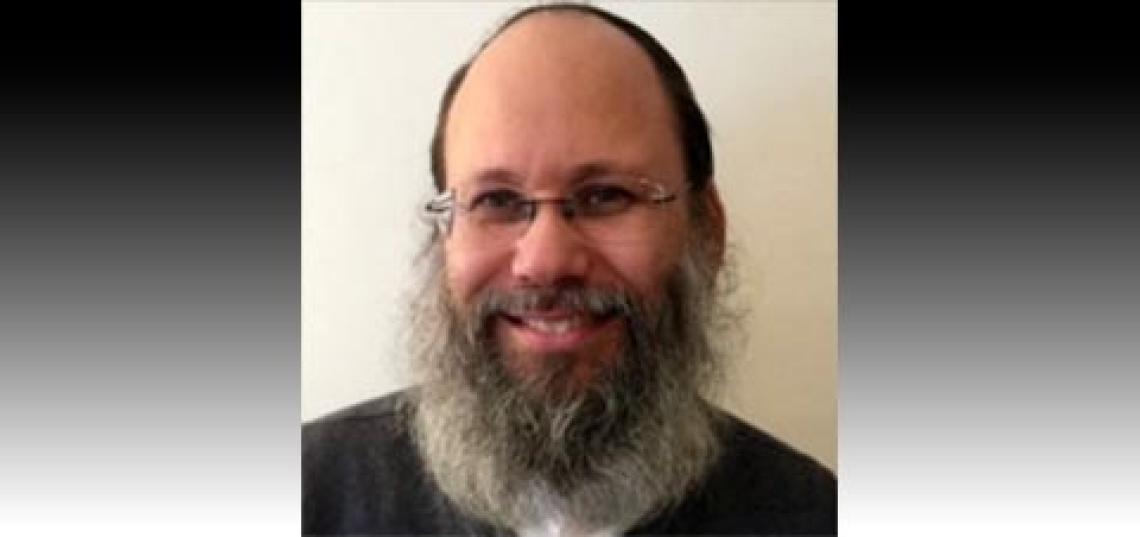
There was a time when Dan Segal, as a Rutgers alumnus with a bachelor’s degree in plant science, working in a chemistry lab, could not have imagined that one day he would earn a Master of Library Service degree from SC&I, and work as a taxonomist and text analyst on the Information Architecture team for IBM.com.
However, Segal explained, the first career did directly lead to the second. The lab he was working for, he said, was contracted to do analytical chemistry work and consulting for environmental protection for both government and commercial clients (Segal was part of a team that assessed the extent of the contamination caused by the Exxon Valdez oil spill), and his work required him, on occasion, to search scientific literature.
“This was all in the pre-internet days,” Segal said, “so I would just go to the Library of Science and Medicine (on the Rutgers Busch campus) and walk through the stacks and the indexes of chemical literature. And I just got very interested in indexing systems and information retrieval.”
He began searching the stacks so frequently that finally a librarian said to him, “A lot of this information is digitized now, and if you get trained, and learn how to search these databases, you can search from your office.” When Segal asked how he could get this training, the librarian’s brief answer surprised him. “Get a Master of Library Science degree,” she said.
Intrigued, Segal enrolled in one MLS course at SC&I. After he had taken two or three more, he had reached the limit of courses he could take as a non-matriculated student, so he decided to commit to it and finish the degree.
“I wasn't even sure if I wanted to make a career change,” Segal said. “I was enjoying the environmental protection work, but I was also becoming very fascinated by the world of information retrieval. So fortunately, I was able to arrange my work schedule so I could take mostly night classes, so I could work full time and get my degree part-time.”
SC&I spoke with Segal about why he pursued a career in Information Science, if he still applies the knowledge he gained at SC&I to his work at IBM, and advice he has for current SC&I Master of Information students.
What ultimately convinced you to switch your career from environmental chemistry to Information Science?
DS: I was curious about information retrieval and how we can use structured information and scientific literature to discover new things, and it was just fun to search in the stacks. I just like the detective work.
What do you focus on at IBM?
DS: I manage and develop user-facing taxonomies, and I oversee their integration into consuming systems including Content Management Systems, Digital Asset Management Systems, and enterprise databases. I focus on the use of natural language processing and machine learning for SEO and digital marketing, as well as metadata management for enterprise content. I do a lot of backend website work that helps our clients and prospective clients search and find IBM’s products that match their needs, which helps to build the IBM brand and generate revenue.
Today, do you still apply what you learned as an MLS student to your work at IBM?
DS: 100% I still apply what I learned. It's the foundation of everything I do to this day. Even though the technology has changed so much over time, the basic concepts of information structures and information retrieval, such as structured metadata and controlled vocabularies, remain the same. Knowledge of these concepts form the foundation of everything that I do today, and these were all covered in my MLS coursework.
What are some of the rewards of working in the information field?
DS: Every project is a little bit different. It is an interesting career path for people who are generalists and like to know a little about a lot of different subjects. For example, before I worked at IBM, I worked as a consultant, and one of the most interesting projects I worked on was for a major food and beverage manufacturer. They were doing a taxonomy for some of their internal documentation. So I learned a lot about the whole farm-to-consumer supply chain of potato chips. It was fascinating. I also worked for a company that had been contracted by NASA. While working on that NASA project, I was able to take a tour of Mission Control in Houston, and I sat in a simulator. You never know where that degree will take you.
What is some advice you either received at SC&I or Rutgers or anywhere else that has served you well?
DS: Be a continuous learner and be adaptable. Also remember, you don't have to be a subject matter expert in the business areas of the clients you work for. Just be an expert in your craft and let your clients explain to you the business problems they're trying to solve.
Learn more about the Master of Information Degree Program at the Rutgers School of Communication and Information on the website.
Image: Dan Segal
